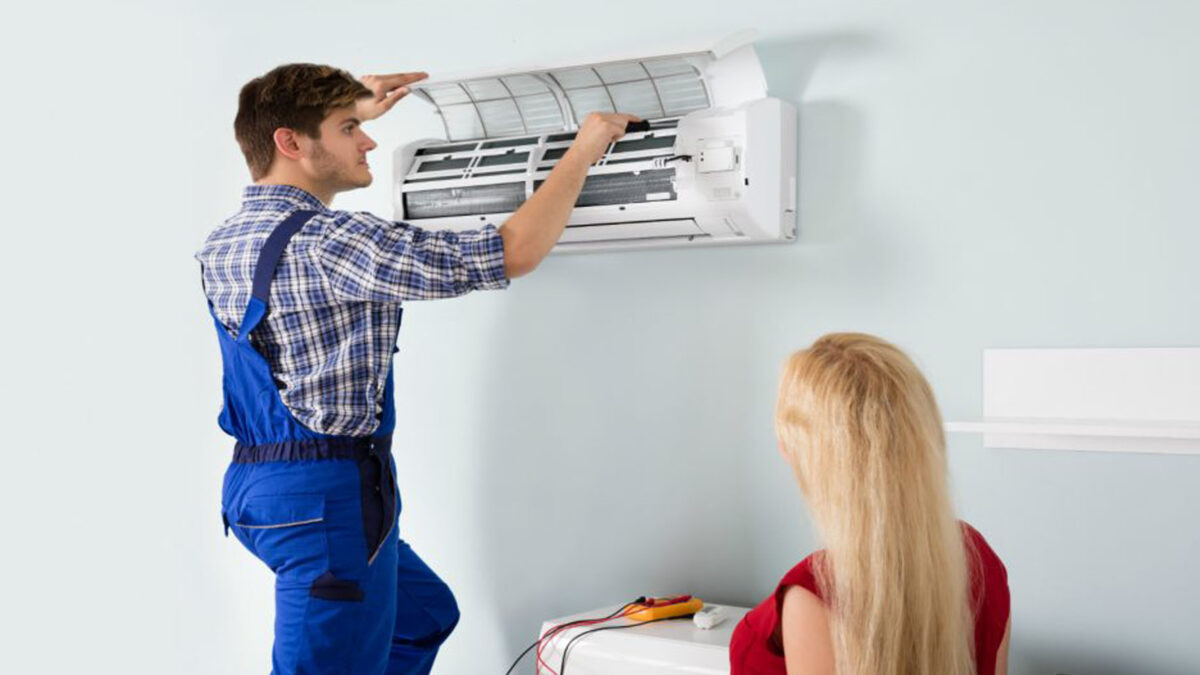Ever wondered what keeps your HVAC system running smoothly behind the scenes? One small but mighty component is the HVAC contactor. If your AC or heater seems to have a mind of its own lately, this little part might be the culprit.
What Exactly Is An HVAC Contactor?
An HVAC contactor is basically an electrical switch that controls the power flowing to key components like the compressor and fan motor.
When your thermostat calls for heating or cooling, the contactor kicks in and completes the circuit. Once the desired temperature is reached, it disconnects the circuit and shuts the system down.
Think of it like a gatekeeper for electricity in your HVAC system. When it’s working properly, everything flows smoothly. But when it fails? That’s when things get frustrating.
Why Does A Contactor Fail?
Like most parts that move or conduct electricity, contactors wear down over time. Here are some common reasons they give out:
Worn Electrical Contacts
Every time your system cycles on or off, the contactor’s metal contacts open and close. Over the years, they can become worn, pitted, or even welded together, making it harder for electricity to flow efficiently.
Overheating
Heat is tough on electrical components. If your contactor gets too hot, it can warp, melt, or completely fail. Overheating might be caused by nearby components failing or dirty coils increasing system strain.
Power Surges
Unexpected voltage spikes, often from lightning or faulty wiring, can damage the contactor’s internal parts. A fried contactor can leave your system unresponsive or cycling unpredictably.
Frequent System Cycling
Does your HVAC system turn on and off constantly? That kind of frequent use can wear out the contactor faster than normal.
Pests And Moisture
Insects like ants have been known to crawl into the contactor box, interfering with its function. Add moisture or corrosion to the mix, and you’ve got a recipe for a contactor breakdown.
How Do You Know If Your Contactor Is Failing?
If your system struggles to turn on or off, makes a humming or buzzing noise, or shows visible signs of damage like blackened or burnt contacts, your contactor may need replacing. You might also notice inconsistent temperatures or rising energy bills.
Need Help With HVAC Troubles?
At Seatown Electric Plumbing Heating and Air, we can inspect and repair your system’s HVAC contactor before it causes bigger problems. Call us today and let us help keep your home running comfortably year-round.

